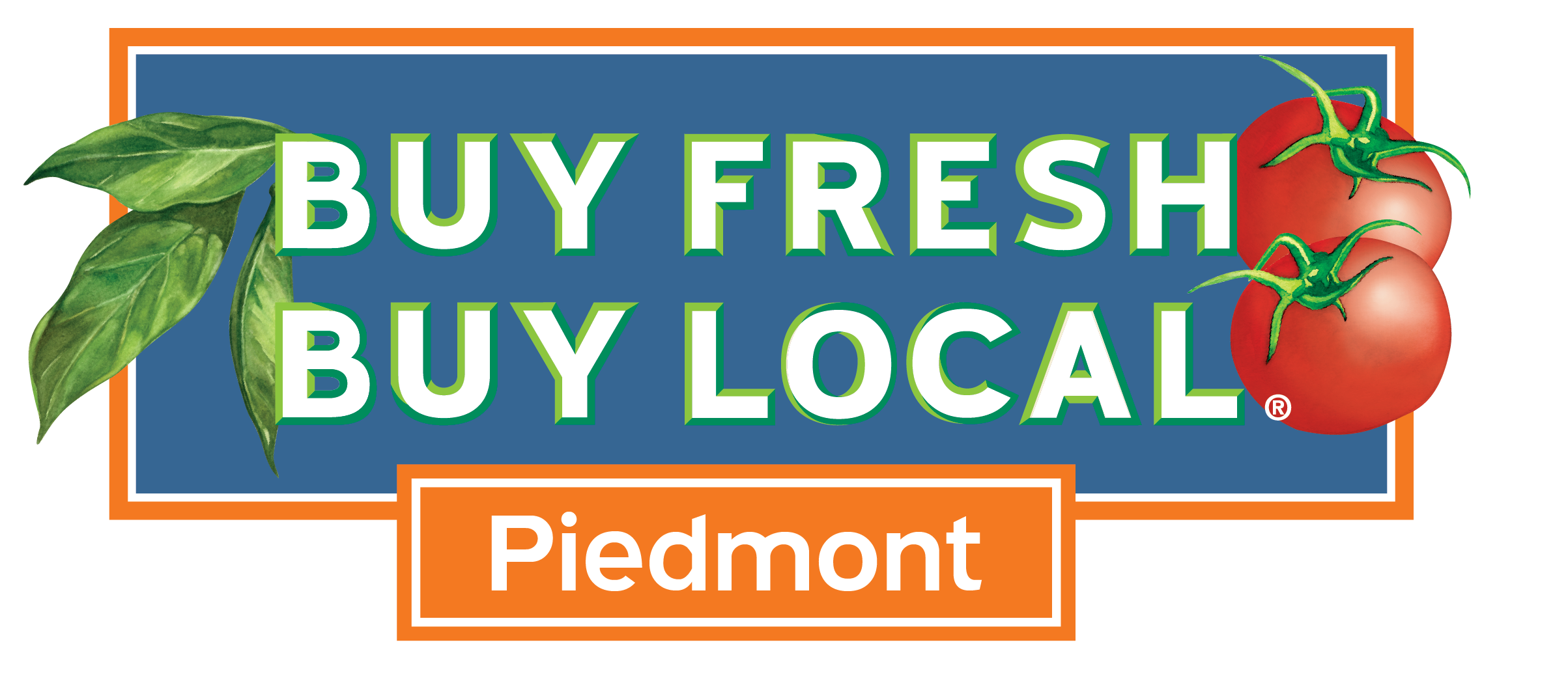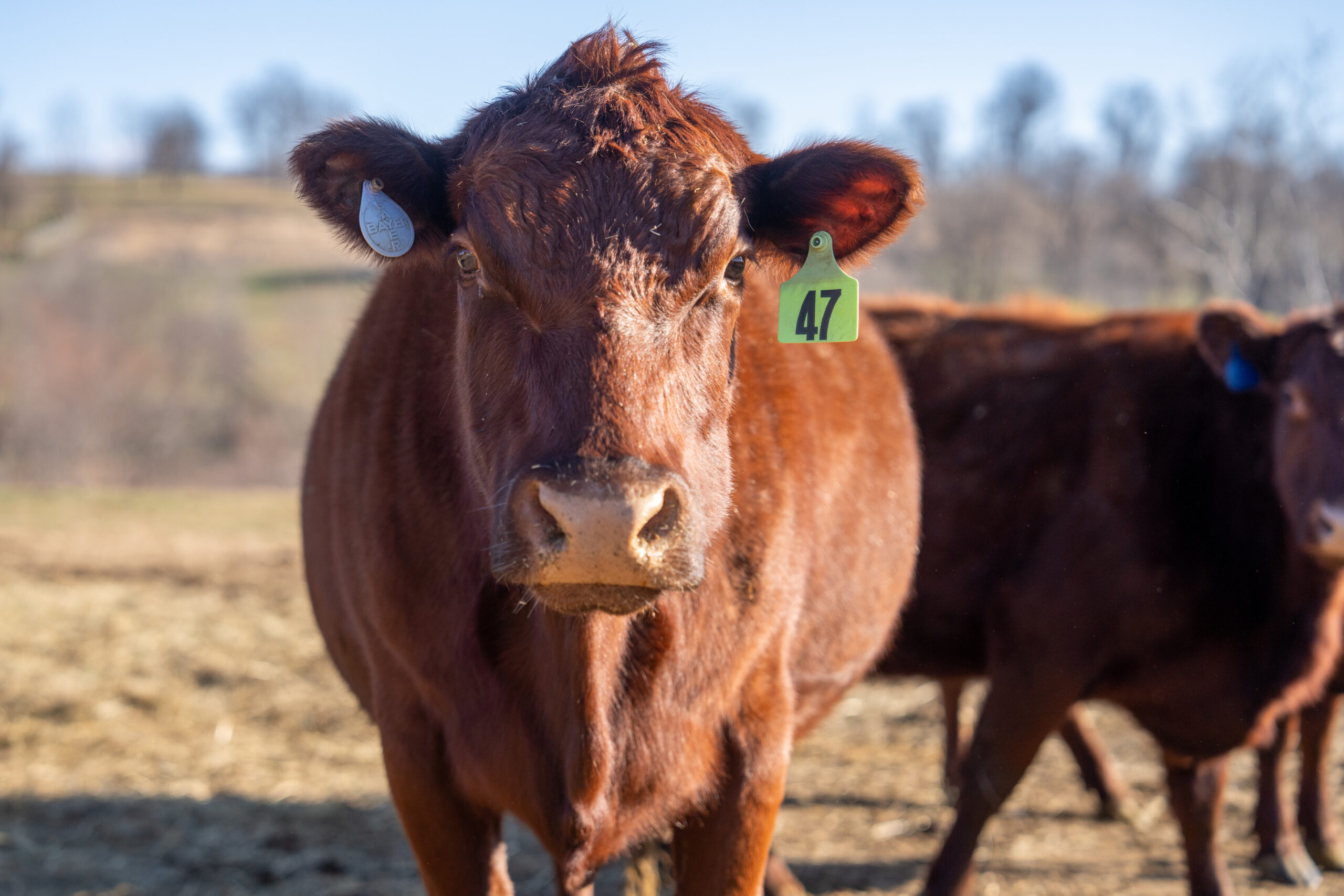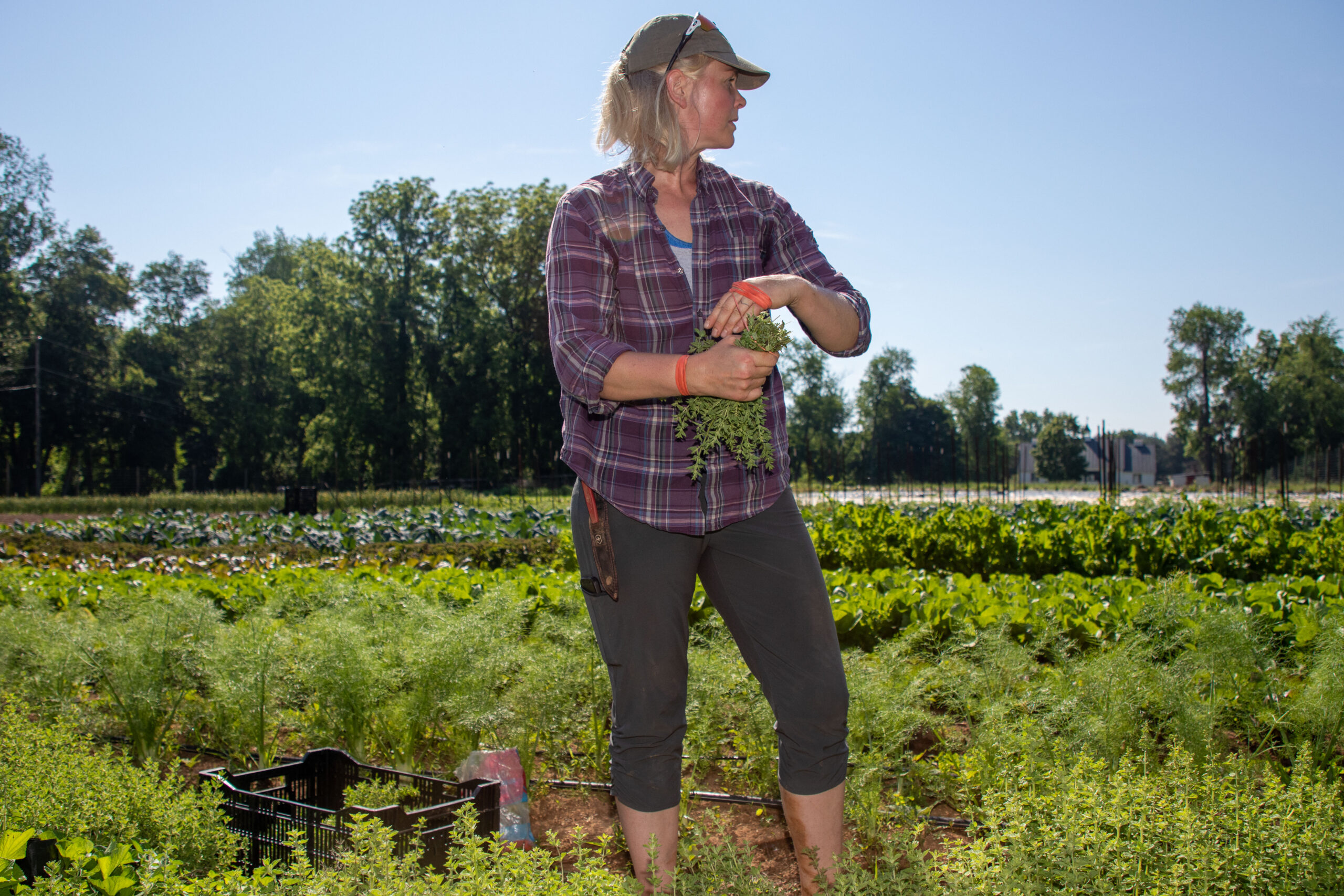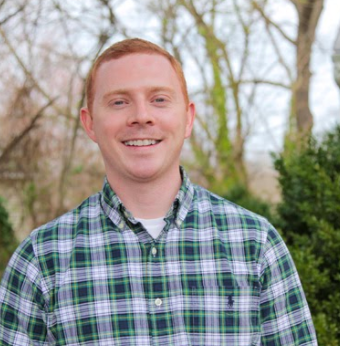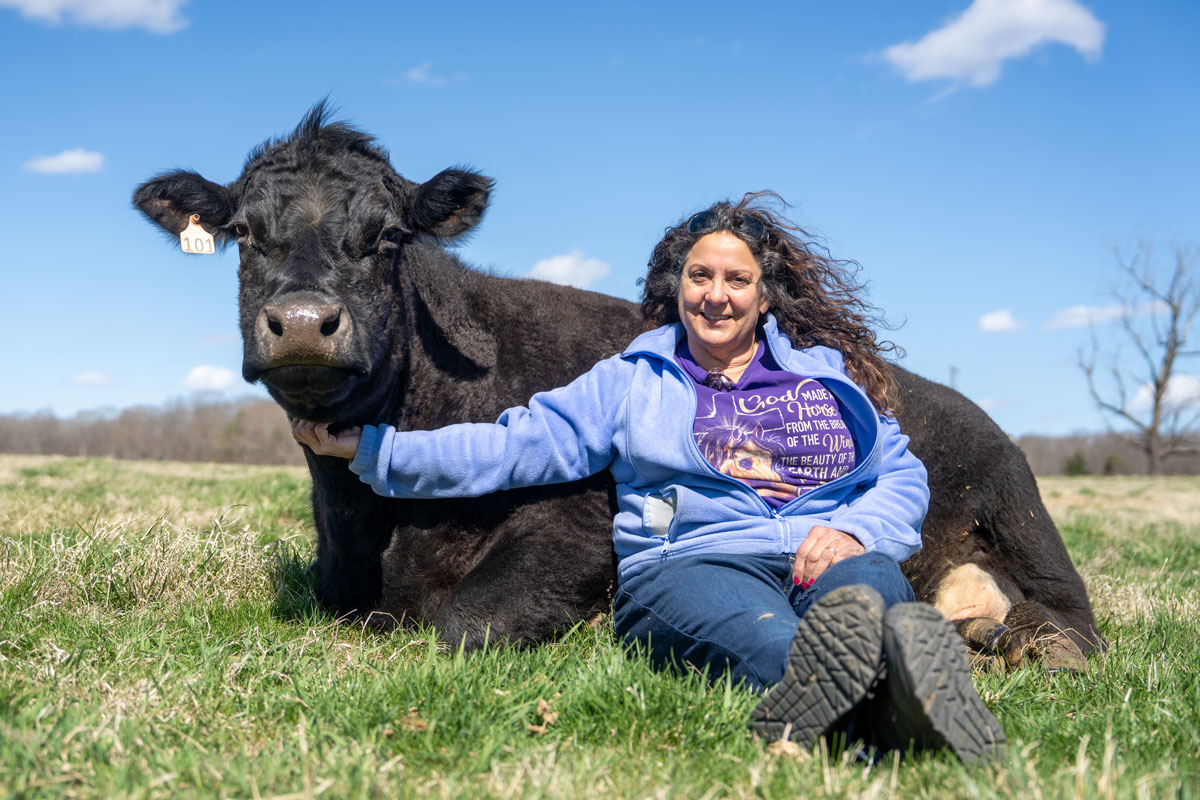
Chapman Farm: More Than a Century of Land and Legacy
by Lindsay Collins
“We believe the well-being of our cattle contributes to their overall health, and in turn, yours,” reads the front of the pamphlet for Chapman Farms, located in Bealeton. The sentence summarizes the values that guide Claudius Edwin “Claude” Chapman Jr. and Carla Jean Carmona-Chapman’s work. These are values that have been lived and taught through four generations of Chapman family farmers.
“The Old Chapman Place” got its start in the 1880s, when Claude’s great-great-grandmother, Mary Frances Anderson Chapman, and her son, Orville Claudius Chapman Sr., founded the family’s original dairy farm. Two generations later, in 1955, Claude’s father and his two uncles built a state-of-the-art dairy barn for their 80 milk cows on the same land where Claude would himself learn to farm. At the ripe age of just 5, Claude’s father put him on a tractor and told him to “just turn the key off when he wanted to stop.” Over the years, Claude continued to learn from his father and, in 1978, helped convert the dairy farm into a beef farm.
Cut to 2004, when Claude met Carla, who owned some property down the road from the Old Chapman Place. Claude first supplied hay for Carla’s horses, but quickly found himself spending more time at her place, often manufacturing reasons to come over and chat. “He just kept driving by,” says Carla. “He made me laugh. We became friends first.”
Today, Carla and Claude are married and run Chapman Farm together, raising beef to share with local family and friends, many of whom also began as hay customers like Carla. “We grow beef the old-timey way,” says Carla — a sentiment that seems fitting, given the history of the farm. “A lot of people butcher their animals at about a year and a half because they think [the meat] is tender, but you don’t have the flavor. Ours grow more slowly because we don’t overfeed them, and the feed we give them is a mixture of alfalfa, barley, and then [Claude will] put minerals in it and maybe some sorghum or something sweet. But we don’t feed them with corn, and that’s the big thing with the commercial market, they fatten all their animals with corn.”
While Claude has taught Carla much about the farm, she also learns by way of her own research and relationships with other local farmers, as evidenced by the myriad names and family histories she can list off the top of her head. “Everybody is a farmer in this area. There goes Frankie now in his tan pickup,” she says, pointing out the window at the truck passing down the road in front of the Chapman Farm field.
Claude’s extensive farming knowledge paired with Carla’s innate curiosity and can-do attitude has led to supplementary endeavors that set Chapman Farm apart from the rest, from educational programming to farm-themed house rentals.
“When I first came here, [John Marshall Soil and Water Conservation District] came to me and said, ‘We have this [cost-share] program where you put up so much money and the government and the county will pay to put water troughs in all your fields and fencing to keep livestock out of the waterways,’” Carla said. “[We were] sort of the first ones in the neighborhood to really get into it, and I think it was sort of scary for the farmers, they didn’t understand it. I think after the other farmers saw what we did, they said, ‘This isn’t so scary.’” Now, many others have followed suit.
Soon, the John Marshall Soil and Water Conservation District began bringing its conservation education programs to Chapman Farm. “The district would set up a bug station, a creek station; I did a cow hay and feed stations to teach [the kids] what the cows ate and how we made it,” Carla explains. Additionally, Virginia Tech brought masters students to study rotational grazing on the land.
These conservation actions won Chapman Farm multiple awards from John Marshall Soil and Water Conservation District, including the 2012 Conservation Farm Award and 2013 Clean Water Farm Award, as well as recognition by the Virginia Department of Conservation and Recreation as the Grand Basin Award Winner for the Rappahannock Basin in 2014.
To learn more about Chapman Farm, visit www.facebook.com/thechapmanfarm.
Photo credit: Hugh Kenny/The Piedmont Environmental Council
